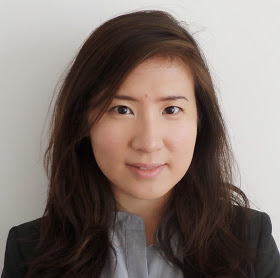Research Seminar with Jing Li, PhD, MA
Social Preferences of U.S. Physicians: Evidence from Experimental and Observational Data
Open to Penn Affiliates
Physicians’ professional ethics require that they put patients’ interests ahead of their own and that they should allocate limited medical resources efficiently. Understanding physicians’ extent of adherence to these principles requires understanding the social preferences that lie behind them. We experimentally measure social preferences among a nationwide sample of U.S. practicing physicians, and link these preferences to meaningful behavior and outcomes outside of the lab. We find that physicians stand out in altruism, a key dimension of social preferences, compared to samples from the general population and other elite populations. By contrast, physicians are no more than other populations to prioritize efficiency. Experimentally measured altruism predicts real-world outcomes in a meaningful way: more altruistic physicians accept lower industry payments and are less likely to prescribe branded drugs in response to those payments; higher physician altruism also predicts better patient outcomes and lower health care cost among Medicare enrollees.
Co-sponsored with the Department of Healthcare Management at The Wharton School
Please note: In-person attendance at this event is preferred. Virtual access will be provided to registrants who are unable to be on campus.
Speaker

Jing Li, PhD, MA
Assistant Professor, Health Economics, School of Pharmacy, University of Washington
Jing Li, PhD, MA is a health economist with research interests in the economic, social, and behavioral factors affecting individual decision-making in health and health care, for both providers and patients, and the impact of policies that leverage these factors to improve patient outcomes and health care market efficiency. Methodologically, she is interested in innovatively applying advanced experimental and econometric methods to addressing understudied questions in health economics and policy. Li’s current projects study experimentally measured social preferences (including altruism) of physicians and their relationship with patient outcomes, health care, and financial decision-making for older adults with cognitive impairments (especially Alzheimer’s Disease and related dementias), and conflicts of interest in physician drug prescribing. Her publications have appeared in Proceedings of the National Academy of Sciences (PNAS), Journal of Health Economics, Health Affairs, Health Services Research, and JAMA Network Open. She received a PhD in Health Economics and an MA in Economics from University of California, Berkeley.